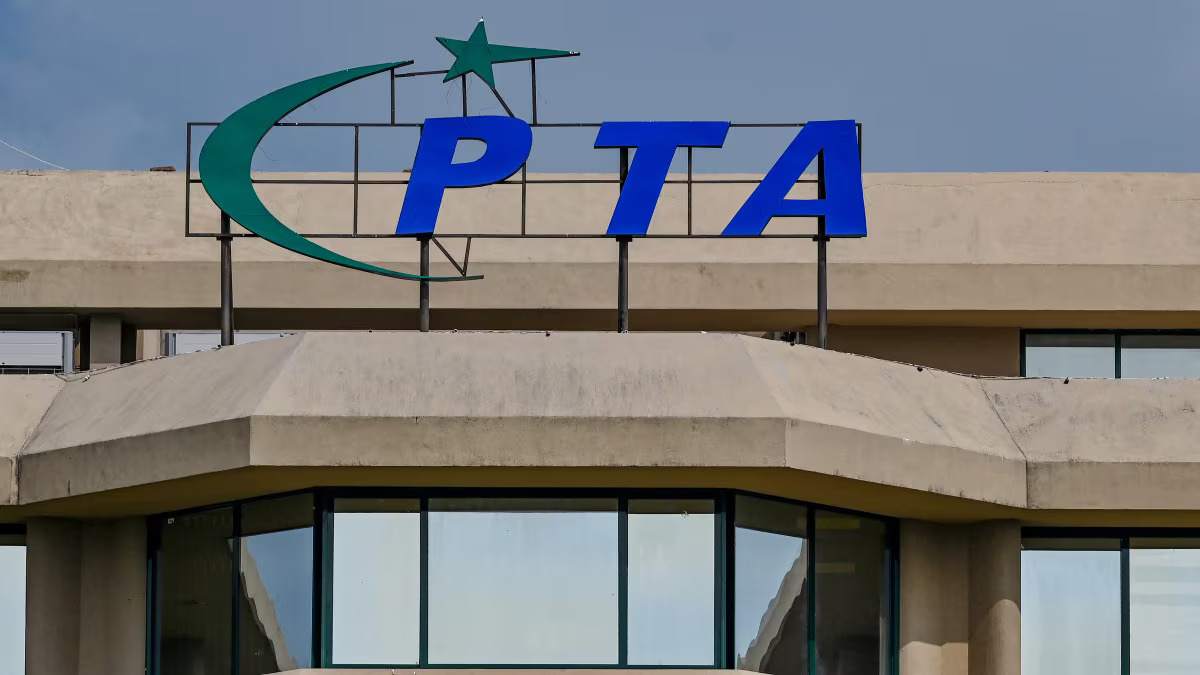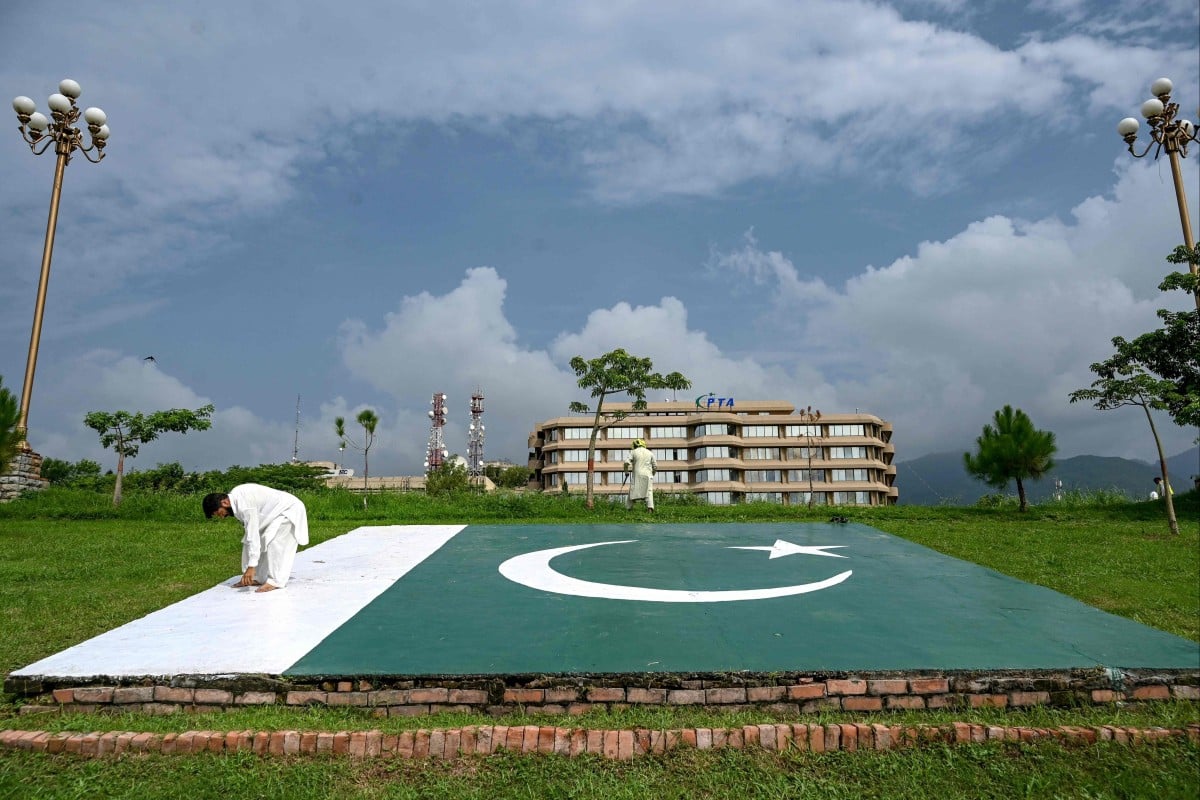Pakistan’s government is facing accusations of intentionally throttling internet and social media access to suppress dissent and maintain control, a move that activists and business leaders argue threatens the country’s economic recovery. Since July, internet speeds have slowed by up to 40%, and disruptions have been reported on WhatsApp, a platform widely used across Pakistan for secure communication.
Digital rights advocates suspect the government is testing a new firewall system designed to enhance surveillance and censor political criticism, particularly targeting critiques of the security establishment.
According to Usama Khilji, a digital rights activist, the slowdown is a direct result of the installation of a national firewall aimed at filtering content and monitoring network traffic. This system is believed to be used to suppress political dissent and control information flow, particularly criticism of the military’s role in politics.

The slowdown seems to disproportionately affect WhatsApp, known for its end-to-end encryption, which ensures secure and private communications, making it a target for the government’s efforts to curb free speech.
The Pakistani government has been reticent about the issue, with the telecommunications authority, led by a retired general, refusing to address the internet slowdown. It was only when Defence Minister Khawaja Muhammad Asif commented that the government acknowledged some controls would be implemented to manage online content, though he did not confirm if these controls were part of the firewall.
IT Minister Shaza Fatima Khawaja later downplayed the issue, attributing the slowdown to increased VPN use rather than any government-imposed restrictions.
The Internet disruptions are occurring amidst growing protests against inflation and rising electricity bills in Pakistan, with citizens in various cities expressing their frustrations through demonstrations.
The government’s focus on controlling digital spaces is seen as a counterproductive measure that exacerbates the economic issues, as the country struggles with political instability and reliance on international financial support. Analysts and business leaders warn that the disruptions could significantly harm Pakistan’s IT sector and deter foreign investment, potentially costing the economy up to $300 million.
The controversy surrounding the firewall and internet controls comes amid ongoing political instability and criticism of the military’s influence over politics. The ban on social media platforms like X (formerly Twitter) and the targeting of Imran Khan’s party’s social media operations highlight the government’s aggressive stance on controlling digital information.
Activists like Shahzad Ahmad argue that the firewall undermines citizens’ rights and could further damage Pakistan’s reputation as a reliable IT service provider, ultimately affecting both the economy and fundamental freedoms.







Leave a Reply